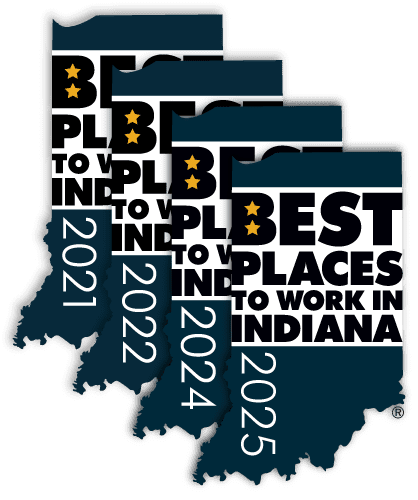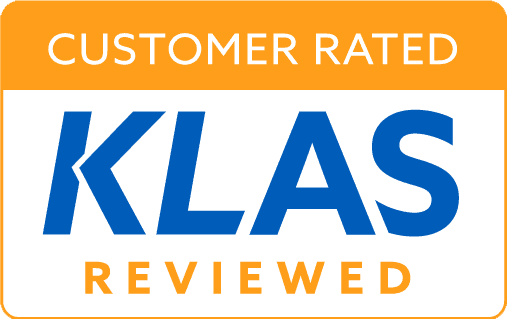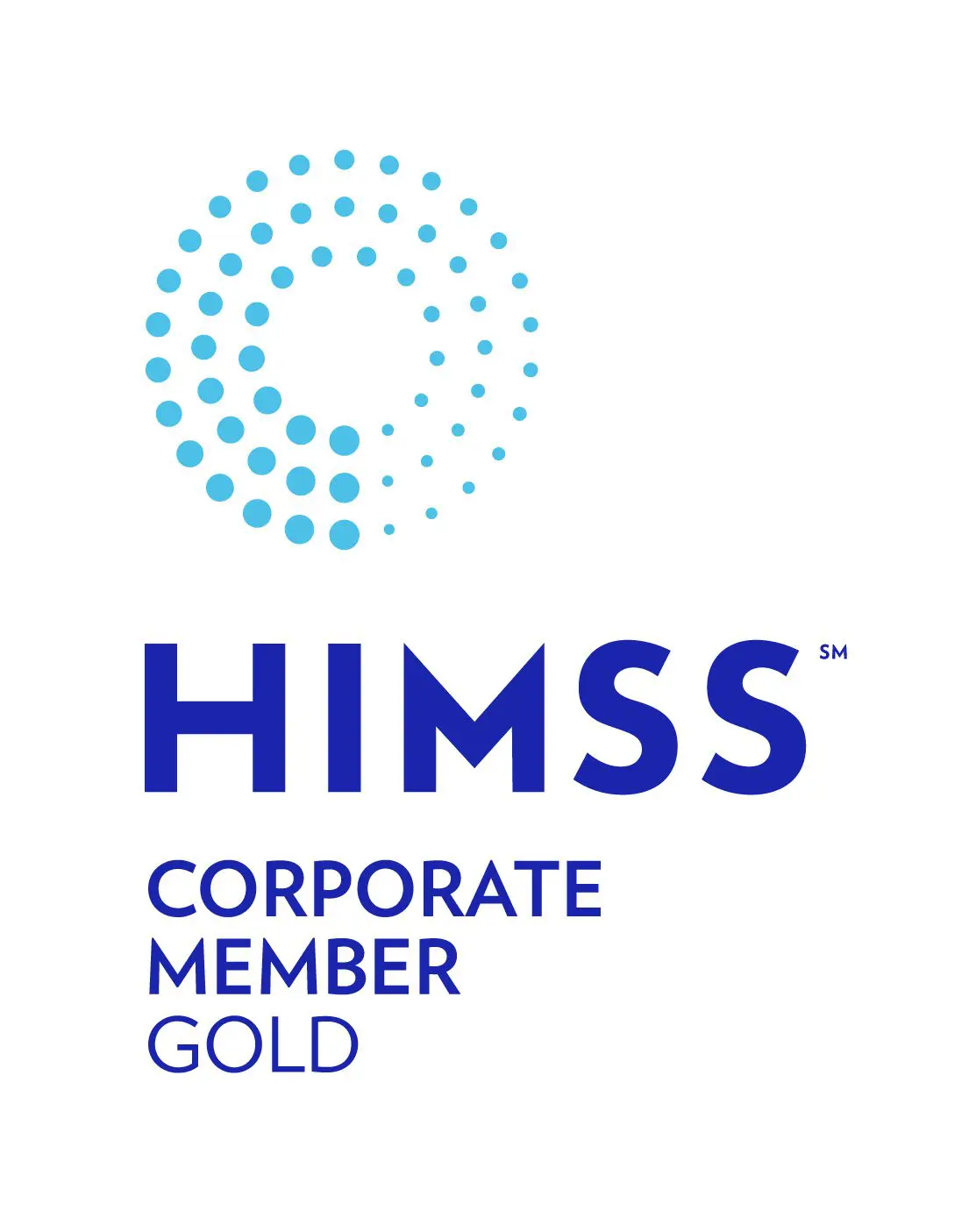
FQHCs grow to expand service coverage.
Since 2010, the number of Health Center organizations has more than doubled. Currently, there are more than 1400 Federally Qualified Health Centers with 15,838 service sites in the United States. If you add in FQHC look-alikes, which operate much in the same manner but do not receive enhanced Medicare/Medicaid reimbursements, there are an additional 649 sites. This brings the number of FQHCs (and look-alikes) to a total of 17,900.
FQHCs provide comprehensive primary and preventative care to patients of all ages in underserved or rural areas, accepting all patients, regardless of their ability to pay or their health insurance status. They provide an important service as Health Center patients suffer from chronic conditions at higher rates than the general population.
A few differentiators for FQHCs versus other health providers:
- Qualify for funding under Section 330 of the Public Health Service Act (PHS).
- Qualify for enhanced reimbursement from Medicare and Medicaid, as well as other benefits.
- Serve an underserved area or population.
- Offer services to all regardless of the person’s ability to pay. Also offer a sliding fee scale.
- Provide comprehensive services (on-site or with another provider):
- Preventative health services
- Dental services
- Mental health and substance abuse services
- Transportation services necessary for adequate patient care
- Hospital and specialty care
- Have an ongoing quality assurance program.
- Have a governing board of directors.
Compliance, interoperability, and continuity of care are priorities.
Compliance for an FQHC is very involved and regulated. FQHCs must meet specific requirements in 21 category areas to remain compliant. The areas include a broad scope of operational (board authority, staffing, hours of operation, coverage for emergencies over holidays, etc.), clinical (continuity of care/hospital admitting, quality improvement, etc.) and financial operations (billing, collections, financial management, etc.).
The technology solutions, specifically the electronic health record (EHR) platforms used by FQHCs, carry a very important responsibility as they must be equipped to document a full range of health and dental records and be able to coordinate care and share the information with other providers.
Record retention requirements for FQHCs include reporting rules.
Medical records generated in an FQHC must be maintained following federal and state regulations to ensure that the information, if accessed, is accurate and complete. In addition to other requirements, CMS requires providers submitting cost reports retain all patient records for at least five years after the closure of the report. Medicare managed care providers must retain patient records for 10 years. Records can be in their original form or in a legally reproduced form.
FQHCs replacing its EHR need a trusted archive solution to continue record retention and reporting requirements.
Over time, the EHR used at the FQHC may be replaced with a more robust system that better addresses the center’s needs. When that happens, there needs to be a strategy and plan to ensure compliance and reporting with the historical records. Utilizing health data archiving for FQHCs within an active archive like HealthData Archiver®, is a cost-effective and efficient way to seamlessly migrate legacy records to the archive. Health data migration for FQHCs ensure continued access for patient care, release of information and reporting.
AltaMed Case Study: Vendor replacement leads to successful archive.
As one of the largest nonprofit FQHCs in the country, AltaMed serves the comprehensive health and dental care needs of underserved communities in Los Angeles and Orange Counties in California. When 27 terabytes of complex dental records halted an archiving project with another vendor, AltaMed called on the team from Harmony Healthcare IT to step up and get the project back on track and completed within a very aggressive timeline. Advice from the client: There is complexity any time one is extracting or migrating data to and from EHRs… Make sure any archiving vendor has the right experience to handle the data.
Read the full story from Healthcare IT News.
Watch a video with Ray Lowe, Senior Vice President & CIO at AltaMed.
Experience and an adaptable archive solution support seamless integration between archive and go-forward EHR.
Harmony Healthcare IT’s suite of data management solutions under its HealthData Platform™ – such as HealthData Archiver®, HealthData AR Manager® and HealthData Locker™ – provide options to enable stored data for interoperability leveraging HealthData Integrator®. These integrated solutions can support health data archiving for FQHCs and health data migration for FQHCs with their ongoing compliance efforts in a cost-effective, efficient, and user-friendly manner.
Ready to learn more? Let’s connect.






